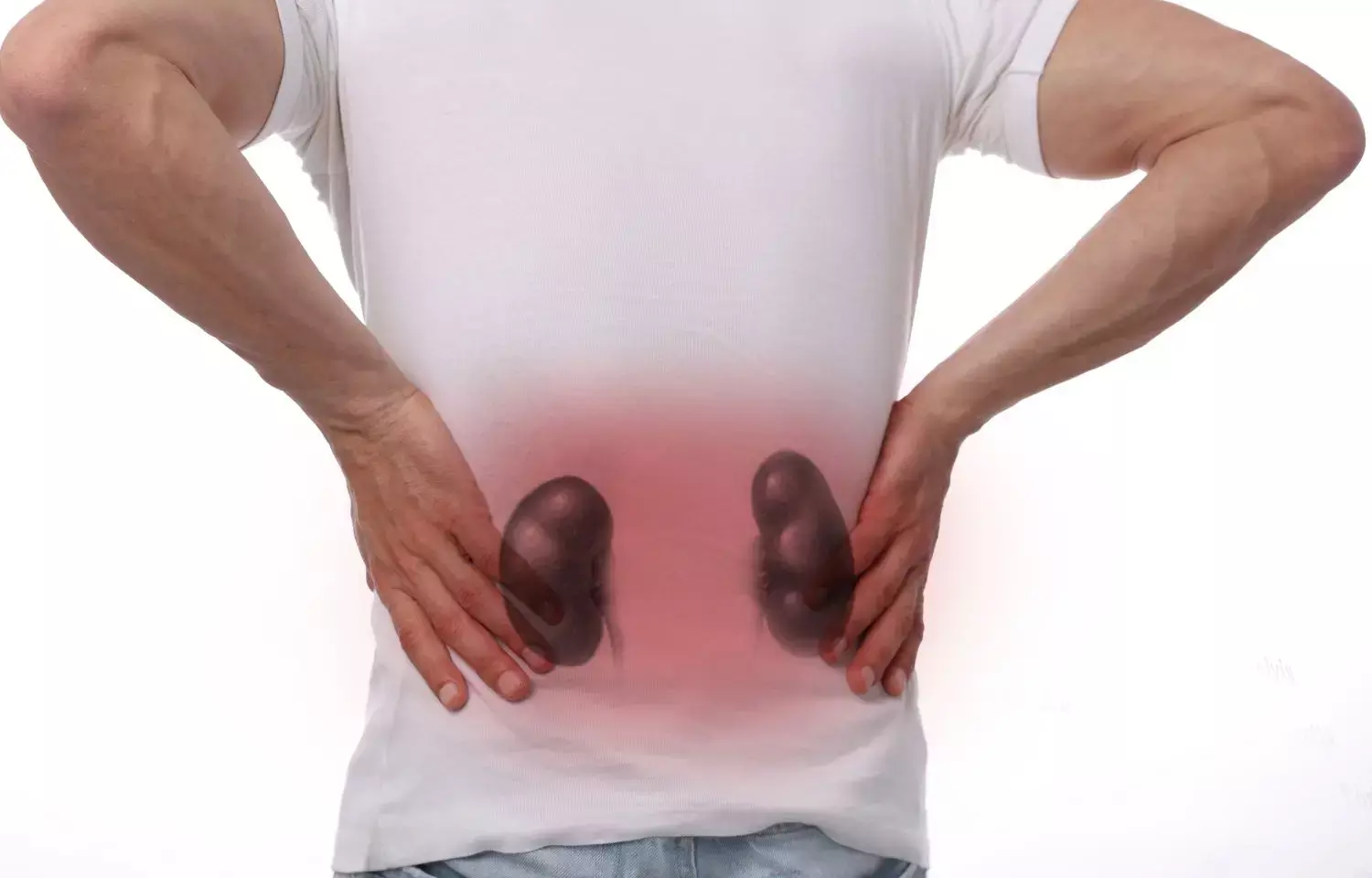- Home
- Medical news & Guidelines
- Anesthesiology
- Cardiology and CTVS
- Critical Care
- Dentistry
- Dermatology
- Diabetes and Endocrinology
- ENT
- Gastroenterology
- Medicine
- Nephrology
- Neurology
- Obstretics-Gynaecology
- Oncology
- Ophthalmology
- Orthopaedics
- Pediatrics-Neonatology
- Psychiatry
- Pulmonology
- Radiology
- Surgery
- Urology
- Laboratory Medicine
- Diet
- Nursing
- Paramedical
- Physiotherapy
- Health news
- Fact Check
- Bone Health Fact Check
- Brain Health Fact Check
- Cancer Related Fact Check
- Child Care Fact Check
- Dental and oral health fact check
- Diabetes and metabolic health fact check
- Diet and Nutrition Fact Check
- Eye and ENT Care Fact Check
- Fitness fact check
- Gut health fact check
- Heart health fact check
- Kidney health fact check
- Medical education fact check
- Men's health fact check
- Respiratory fact check
- Skin and hair care fact check
- Vaccine and Immunization fact check
- Women's health fact check
- AYUSH
- State News
- Andaman and Nicobar Islands
- Andhra Pradesh
- Arunachal Pradesh
- Assam
- Bihar
- Chandigarh
- Chattisgarh
- Dadra and Nagar Haveli
- Daman and Diu
- Delhi
- Goa
- Gujarat
- Haryana
- Himachal Pradesh
- Jammu & Kashmir
- Jharkhand
- Karnataka
- Kerala
- Ladakh
- Lakshadweep
- Madhya Pradesh
- Maharashtra
- Manipur
- Meghalaya
- Mizoram
- Nagaland
- Odisha
- Puducherry
- Punjab
- Rajasthan
- Sikkim
- Tamil Nadu
- Telangana
- Tripura
- Uttar Pradesh
- Uttrakhand
- West Bengal
- Medical Education
- Industry
Genetic screening algorithm could identify people with kidney disease risk

"With this polygenic method, we can identify individuals at risk decades before the onset of kidney disease, and those with high risk might adopt protective lifestyle changes to reduce that risk," says Krzysztof Kiryluk, MD, associate professor of medicine and a physician-scientist in the division of nephrology at Columbia University Vagelos College of Physicians and Surgeons. (Diabetes, high blood pressure, obesity, and certain medications, such as NSAIDs, are known to increase the risk of kidney disease.)
Early detection of kidney disease could prevent many cases of kidney failure and reduce the need for transplant or dialysis, but the disease is often silent until it has caused significant kidney damage.
Genetic testing could offer a way to predict a person's risk of kidney disease well before symptoms appear, but thousands of inherited variants are likely involved and most have only small effects. Adding to the complexity, certain genetic variants are more common in some ethnicities than others.
"In most populations, we can't just look at one or two genetic variants and tell you what your risk is," says Kiryluk. "Thousands of variants are likely contributing."
In a new study published online in Nature Medicine, Kiryluk and his team described their method and tested it on 15 different groups of people, including those of European, African, Asian, and LatinX descent. The algorithm analyzes variants of a gene called APOL1-known to be a common cause of kidney disease in people of African descent-and thousands of other kidney disease variants found in people of all ancestries.
Across all ancestries, people with the highest scores (in the top 2%) had triple the risk of kidney disease as the general population, equivalent to having a family history of kidney disease.
The study also confirmed that APOL1 was an important risk factor in people of African descent. But even when APOL1 is present in an individual, other genes can increase or decrease the risk of developing chronic kidney disease. "For people of African ancestry, APOL1 is an important part of the picture, but not the only part," Kiryluk says. This information may be significant when new drugs being developed specifically for people with APOL1 become available.
"Individuals with APOL1 but low polygenic risk may not need specific interventions, since their risk could be comparable to that of the general population," Kiryluk says. "In contrast, individuals with the highest genetic risk-those with APOL1 and a high polygenic risk-may benefit the most from lifestyle changes or drug treatment."
For further reference log on to:
Dr Kamal Kant Kohli-MBBS, DTCD- a chest specialist with more than 30 years of practice and a flair for writing clinical articles, Dr Kamal Kant Kohli joined Medical Dialogues as a Chief Editor of Medical News. Besides writing articles, as an editor, he proofreads and verifies all the medical content published on Medical Dialogues including those coming from journals, studies,medical conferences,guidelines etc. Email: drkohli@medicaldialogues.in. Contact no. 011-43720751


